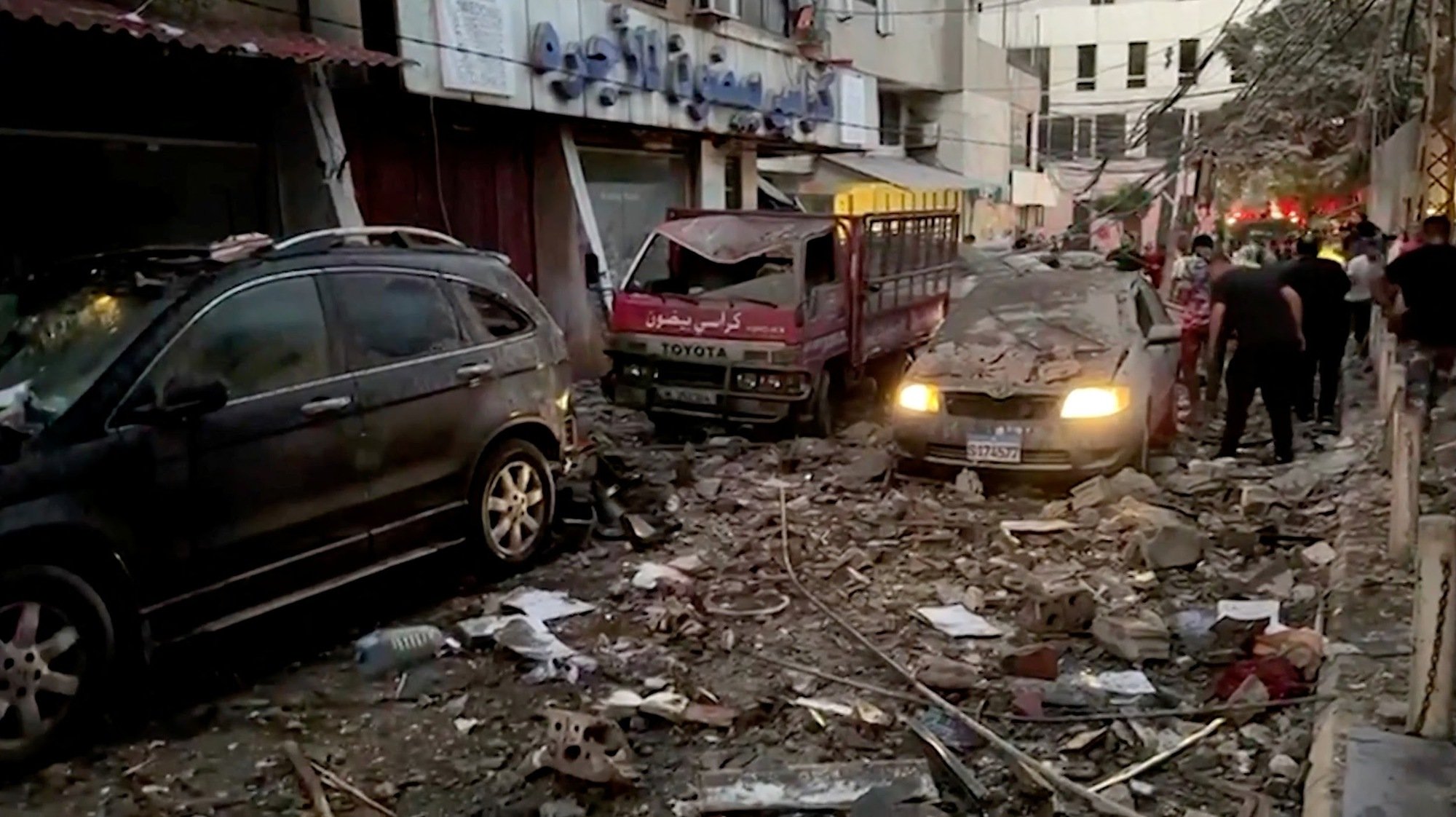
Illustration photo: Reuters.
Witnesses said that at around 4:40 p.m. on January 30 (local time), they heard a loud explosion and saw black smoke rising from the southern suburbs of Beirut, which is considered the capital of Hezbollah.
Israeli Defense Minister Yoav Gallant said the airstrike killed Fuad Shukr, whom he accused of "being involved in numerous attacks affecting Israelis."
"Tonight, we have sent a clear message that the lives of our people matter, and there is no place in the world that is beyond the ability of Israeli forces to ensure that an attacker pays the price," Mr. Gallant stressed.
Hezbollah has not yet responded officially. The group has previously denied involvement in Saturday's rocket attack on the Golan that killed 12 teenagers on a soccer field in the Druze village of Majdal Shams.
A senior security source from another area confirmed that Shukr, Hezbollah's most senior military commander, was killed in the airstrike. The Israeli military said Shukr was the most senior adviser to Hezbollah Secretary General Hassan Nasrallah and was behind the July 27 attack.
Security and medical sources said an Israeli airstrike on the southern outskirts of Beirut also killed three civilians, including two children.
Lebanon's Al Manar TV, citing information from the national health ministry, said 74 people were injured and three were killed in the attack on the Hezbollah Shura Council, a ruling body of Hezbollah, in the Haret Hreik area.
Reuters footage showed a high-rise building in the suburb badly damaged, with charred debris strewn across the street. Crowds had gathered to chant support for Hezbollah leaders.
Hezbollah has denied involvement in the attack on the Golan Heights but has fired missiles at several military targets there. The killing of the teenagers on July 27 has triggered a flurry of diplomatic efforts from Western countries to avoid escalating the conflict in the Middle East.
UN Special Coordinator Jeanine Hennis-Plasschaert called on all parties to remain calm and seek a diplomatic solution to end hostilities.
The July 30 airstrike drew widespread condemnation from Lebanese officials and Hezbollah's regional allies such as Hamas in Gaza, the Houthis in Yemen, Syria, and Iran.
The White House again stressed its commitment to protecting Israel's security against "all Iranian-backed threats, including Hezbollah" and said it was seeking a diplomatic solution.
The Israeli military said it had not issued new civil defense directives, a sign that Israel had no plans for further attacks. Israeli media quoted an official as saying Israel did not want a large-scale war.
Israeli media have reported that depending on how Hezbollah reacts, the Israeli military could consider the Beirut airstrike as the final development in its response to the attack on the Golan.
Concerns about escalation
Lebanon's Foreign Minister, Abdallah Bou Habib, said the government condemned the Israeli airstrike and would file a complaint with the United Nations. He hoped Hezbollah's response would not escalate.
"Hopefully the response will be proportionate and not go further, so that this series of airstrikes, shelling and killings can end," the Lebanese foreign minister said.
Hours before the airstrike, US Defense Secretary Lloyd Austin said he was concerned about the risk of escalation but believed conflict between Israel and Hezbollah could be avoided.
Hezbollah and Israel have been engaged in a series of cross-border skirmishes since the Gaza war broke out in October 2023. Both sides have tried to avoid escalating the conflict, although there have been concerns about the risk of war.
Nguyen Quang Minh (according to Reuters)
Source: https://www.nguoiduatin.vn/israel-khong-kich-beirut-tieu-diet-chi-huy-cap-cao-hezbollah-204240731095037671.htm




![[Photo] Prime Minister Pham Minh Chinh chairs meeting on railway projects](https://vphoto.vietnam.vn/thumb/1200x675/vietnam/resource/IMAGE/2025/10/23/1761206277171_dsc-9703-jpg.webp)
![[Photo] Prime Minister Pham Minh Chinh meets with South African President Matamela Cyril Ramaphosa](https://vphoto.vietnam.vn/thumb/1200x675/vietnam/resource/IMAGE/2025/10/23/1761226081024_dsc-9845-jpg.webp)

![[Photo] President Luong Cuong holds talks with South African President Matamela Cyril Ramaphosa](https://vphoto.vietnam.vn/thumb/1200x675/vietnam/resource/IMAGE/2025/10/23/1761221878741_ndo_br_1-8416-jpg.webp)


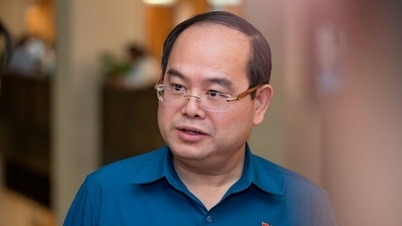

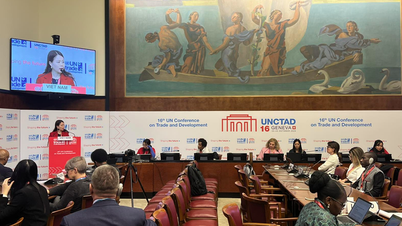

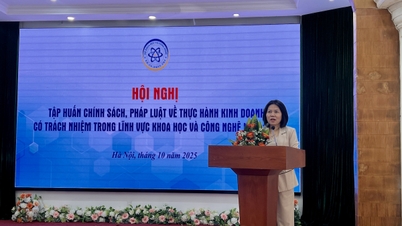

















































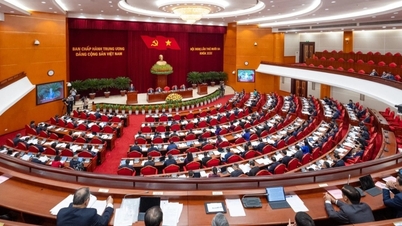

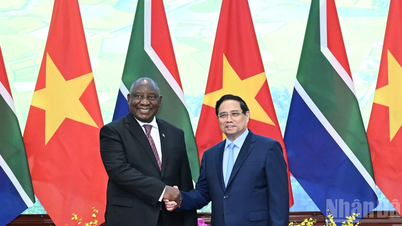
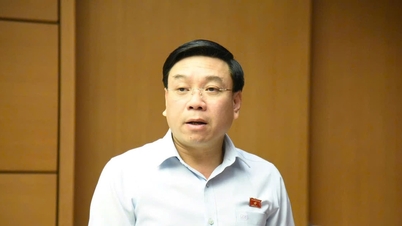





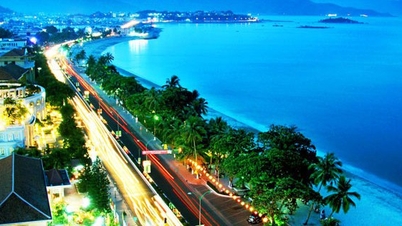




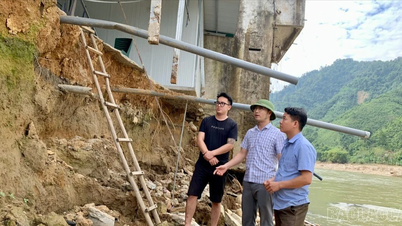







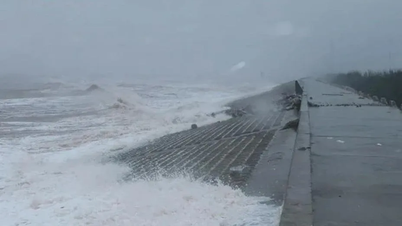
















Comment (0)